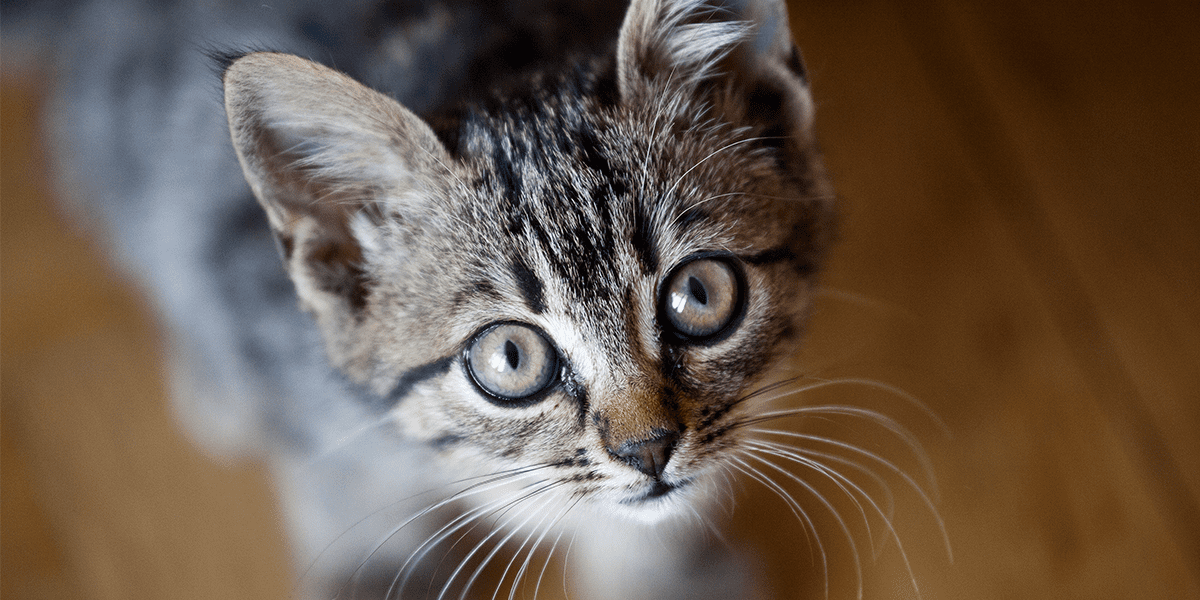As promised this week I’m going to be telling you about the small mammals facing extinction that few know about. The third most popular pet is of course a rabbit, and after this comes many other small mammals; it’s no doubt they’ve all won us over with their adorable features and how great they are for cuddling. We’ve had no problem letting a wide range of them into our homes but there are of course others going unnoticed everyday who are in desperate need of our help. Now time for me to hit you with the figures, 437 species of small mammal are in danger of becoming extinct and many of them are a lot closer to home than you think.
Santa Catarina Guinea Pig
Found on the small coastal island of Moleques do Sul Archipelago, this cavy specie ranges from 20-40cm in length and are brown in colour. They are considered critically endangered, this is mainly due to the fact that the small area they inhabit doesn’t provide enough food for the large rodents. As well as this there are many invasive species of parasites causing massive issues for the species. There are a few researches that would like to monitor these mites and lice however more awareness needs to be raised for the species so that the research receives a good amount of funding.
Domestic Guinea Pig

A much smaller cavy species that is also an extremely popular pet, these little animals have so much personality and are great for children which has earned them their place in many family homes. These small mammals are constantly bred all over the world by breeders. So if we can put so much time and money into a species for our own enjoyment why cant we put this time and money into conservations programs for an animal that now desperately needs us? Domestic Guinea Pigs are overbred, many ending up being put up for adoption as they are no loner wanted, whilst another cavy species is struggling to sustain numbers.
Muennink’s Spiny Rat
Native to Japan these rats can be found in moist broadleaf forests, they are rather small and have short, thick brown hair. In my opinion they look like large mice. They are threatened by of course, deforestation. They inhabit a very small area and one small disaster could wipe them out completely which is why awareness needs to be raised so that a conservation program can be made for this small species before they are completely wiped out. There were no sightings of the rat between 1978 and 2008 meaning that a more extensive search is required in order to start a captive breeding program, which of course would be easier if funding was available for this species.
Domestic Rat

I think its safe to say that this small rodent could certainly get the same reaction as the tarantulas did in the second of this blog series. They are an animal hated by many, purely because of their reputation of being a “Dirty animal” however I cannot stress any stronger that rats are extremely clean animals. The reason they are seen to be so dirty is due to the amount of time spent around bins and sewers, but this is due to them being omnivores and being happy to eat just about anything, this is not something that makes them dirty. Despite this, there are many people that enjoy rats, appreciate their cuteness and impressive intelligence and because of this they to are overbred, for use in pet stores and by private breeders, many also land on unwanted animal sale pages. Its certainly not up for questioning that if we happy to overbreed these animals then we should certainly be doing more to save the Spiny Rat.
To conclude, I believe our attention needs to draw to the many small mammal species in the wild that are heading to extinction as a suppose to the domestic species we are massively overbreeding and leaving them without homes. So as well as spreading awareness for the wild mammals in need, next time you are in the pet store and tempted by a cute small mammal, head over to an adoption page first and help an animal in need.
To meet one of our Guinea Pigs or Rats contact us for more information on our sessions. Phone 020 3372 4300 or Email [email protected]

